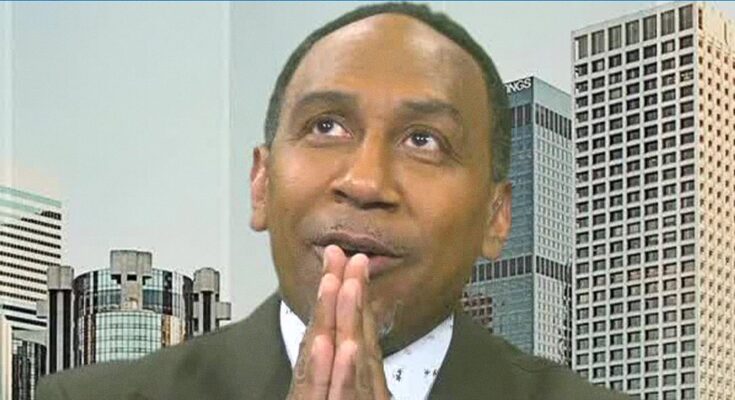
Success is often the dream — the driving force behind years of training, sacrifice, and relentless work. But for the truly elite athletes, reaching success isn’t the finish line; it’s just another checkpoint. That’s where the mindset behind the phrase “Now I got to get greedy” comes into play. It’s not about selfishness; it’s about recognizing that greatness isn’t a one-time accomplishment. It’s a continuous pursuit. Once a player tastes a little victory, the real champions know they can’t be satisfied. They have to push harder. They have to want more. They have to get greedy.
This mindset shows up across all sports. When a team wins a playoff series, when a player earns an MVP award, when an underdog knocks off a giant — it would be easy to sit back and enjoy the moment. But the athletes who are wired for true greatness don’t do that. They immediately shift focus to the next goal. One championship isn’t enough. One big performance isn’t enough. “Now I got to get greedy” becomes the mantra for building a legacy, not just collecting a moment.
Take Michael Jordan, for example. Winning his first NBA championship in 1991 could have been enough for many players. But for Jordan, it only fueled his hunger. He didn’t stop after one. He got greedy. He pushed for two, then three — and after a brief retirement, came back to win three more. Jordan’s dominance wasn’t fueled by satisfaction; it was fueled by the constant need to reach a new level of excellence. His mindset created one of the most legendary dynasties in sports history.
Kobe Bryant embodied the same mentality. Known for his “Mamba Mentality,” Kobe was never content with a single achievement. After winning three titles early with the Lakers alongside Shaquille O’Neal, Kobe pushed himself to prove he could do it as the leader, eventually winning two more championships. His career was defined by constantly raising the bar and refusing to settle.
Even outside of basketball, this mindset is universal among greats. Serena Williams didn’t stop after a few Grand Slam titles. She kept working, kept winning, and built one of the greatest careers tennis has ever seen. Every trophy was a stepping stone, not a destination.
“Getting greedy” means refusing to let up. It means setting new goals the moment you achieve an old one. It’s about knowing that excellence is never permanent — it must be defended, enhanced, and expanded every single day. Athletes who adopt this mindset don’t just want to be great once; they want to be remembered as one of the greatest ever.
For young athletes or anyone chasing a dream, there’s a huge lesson here. Success is sweet, but it can also be a trap. The moment you get comfortable is the moment someone else passes you. Staying hungry — getting greedy — is what ensures that greatness is not just achieved but sustained.
So when you hear those words — “Now I got to get greedy” — know it’s not about ego. It’s about ambition. It’s about legacy. And for the world’s best, it’s the fuel that keeps the fire burning long after the first victory.



